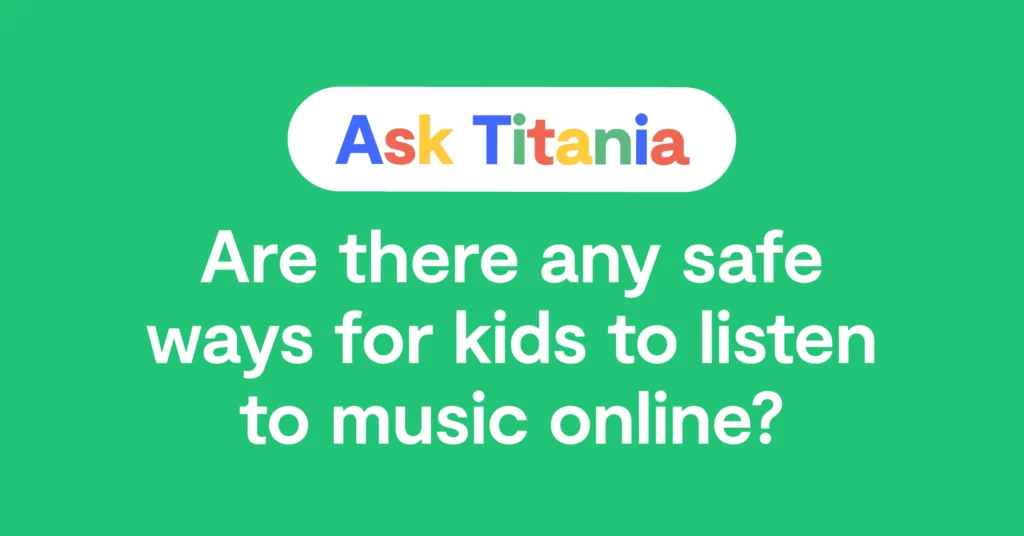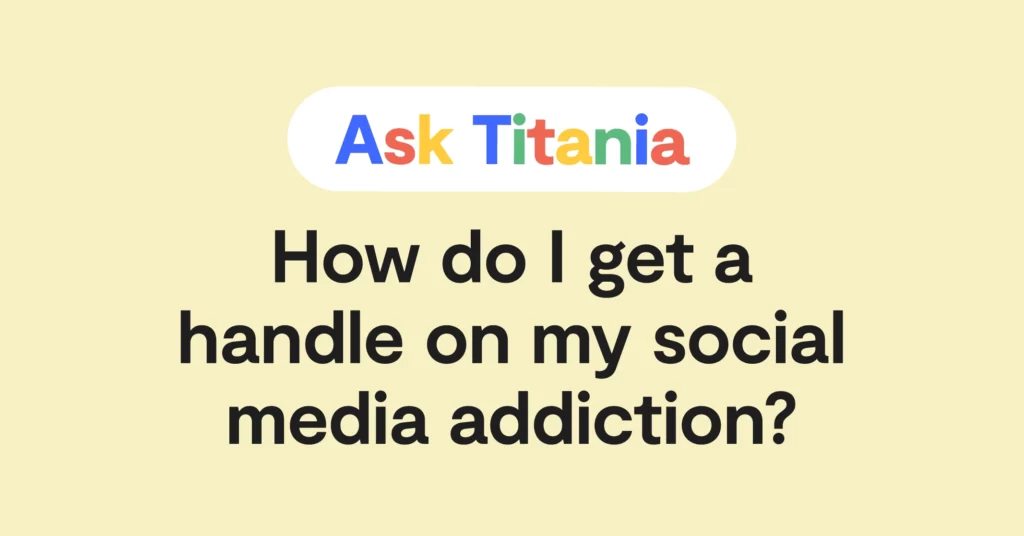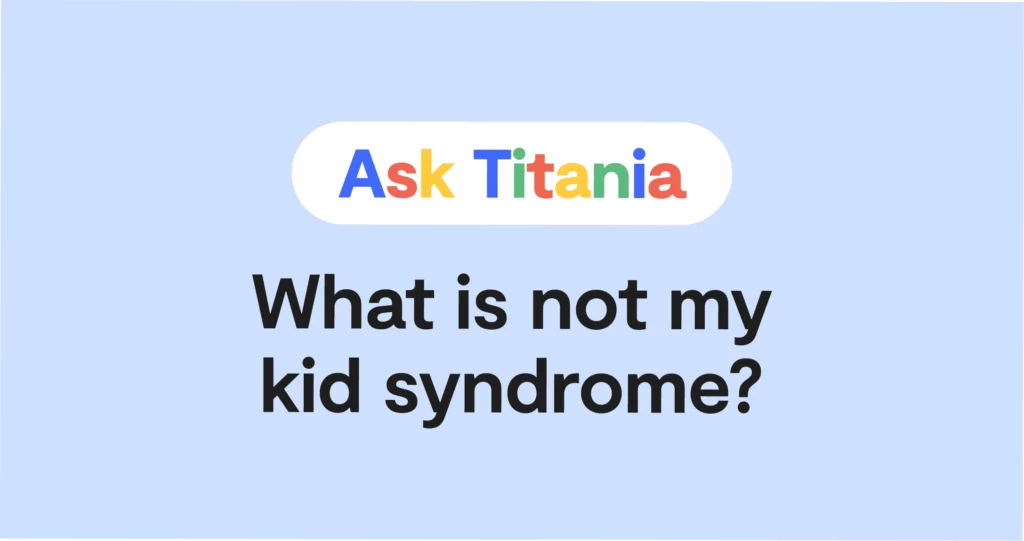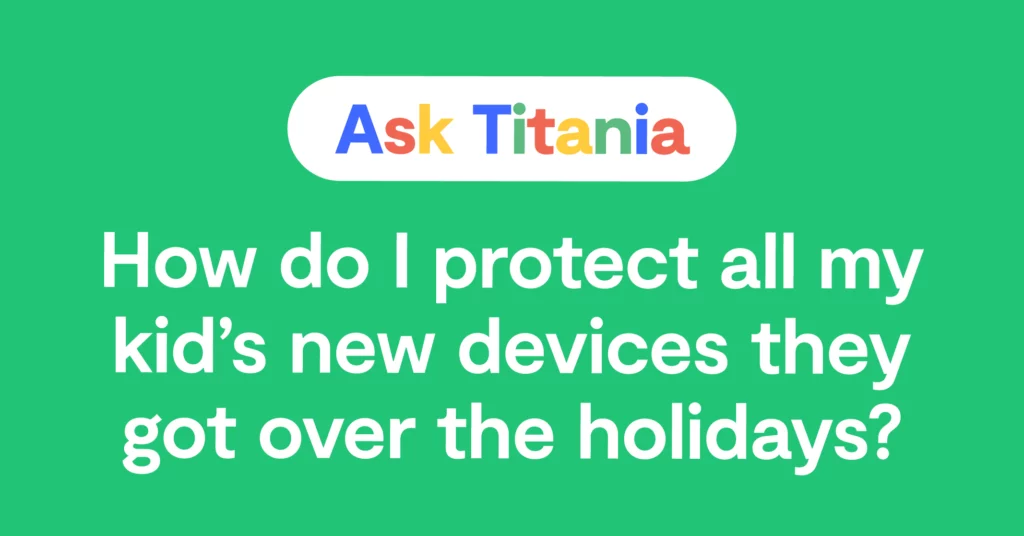Dear Titania,
My family uses Spotify, and our 11-year-old just told me that kids at school use it to listen to sexual sounds and explicit podcasts. I had no idea — I was only anticipating dealing with bad words or potentially violent lyrics in pop music songs. I did some research and it turns out Apple Music and Amazon music have the same issue, too. Is there any way for kids to listen to music these days that doesn’t have access to all of this inappropriate content?
Signed,
Parent Pursuing Playlists With No Porn
Dear Parent Pursuing Playlists With No Porn,
One of the most frustrating parts of parenting in the digital age is continually finding out that inappropriate stuff pops up in places we’d never, ever expect. Seriously, never in a million years did I expect music streaming apps — one of the coolest inventions of the modern era — to have porn sounds and explicit imagery. But you’re exactly right. This issue is widespread despite few parents knowing all the details. First, let me explain the kinds of things kids are finding out there, and then I’ll get into some of the possible solutions.
First, How Can a Music App Have Porn?
This is a very good question, and one I and my team didn’t even know about until recently. There’s a wide range of ways that “audio porn,” as it’s been called, can appear on music platforms. But essentially it boils down to:
- Album art with explicit sexual imagery
- Sexual noises and sounds
- Auto-play of music videos that feature adult content
- Podcasts featuring erotic storytelling and frank discussions of sex
All it takes is a quick search and you’ll get tons of content like this. It’s also not just Spotify — we’ve found content like this on:
- Apple Music
- Amazon Unlimited
- YouTube Music
- iHeartRadio
- Pandora
- TIDAL
Explicit Filters Do Exist, But They’re Not Always Perfect
Many streaming music platforms have explicit content filters that parents can use to block things that are labeled with an “E” for explicit. But here’s why even this is complicated:
Passcode protection isn’t standard
Spotify, Amazon Unlimited, YouTube Music, and iHeartRadio have explicit content filters you can toggle on in their settings, but they don’t have a passcode to keep that setting locked. So there’s no way to prevent kids from turning the filter off as soon as you leave the room. Not every kid will want to do this of course, but it’s important to know that it’s possible.
Inaccurate and inconsistent labeling of what’s explicit
On the other hand, some music apps do have passcode protection for explicit filtering, like Apple Music, Pandora, and TIDAL. But the problem now becomes that you can’t trust these filters to accurately block all explicit content. We found that across platforms, many songs, noises, and podcast episodes were not labeled “E” for explicit and therefore not blocked by the filter — despite their very blatant sexual and inappropriate content.
You can block explicit content, but the search results still show them
On many platforms, when you block explicit content, you can still physically see the search results — you just can’t play them. Kids can still view track listings of songs, album titles, graphic descriptions of noises, and mature podcast titles (some with very detailed transcripts!). But most frustrating is the fact that the pornographic or inappropriate album art and photos are still clearly visible.
What Parents Can Do
Talk about it
If you’re worried about explicit content on streaming apps because your child has been looking for it, there’s a chance they may be searching for it on other platforms, too. Age-appropriate sexual curiosity is a natural part of growing up, though perhaps a little stressful for parents. Offer age-appropriate resources and materials that can satisfy their curiosity in a healthy way. Books, educational websites, and approved videos can provide accurate information without exposing them to explicit content.
Consider the kids-only version of apps, though know kids older than 10 may chafe at the idea
Spotify Kids and YouTube Kids do a good job at curating content for younger children, but this may not be the solution parents like you are looking for. While young kids do need more protection, they’re less likely to be the ones searching for more adult content (unlike teens and tweens). A quick tour of YouTube Kids instantly presented me with KIDZ BOP tunes, and that’s definitely not something a 14-year-old would even consider.
Go analog
I’ve talked with some parents who’ve reverted back to CD players and discs while at home or in the car. The downside to this is that newer music may not even be available to buy on CD anymore. The positive side? Those old mixtapes you kept may get some love again! You can also rely on the FM radio, though it’s hard to pick exactly what you want to hear when you want to hear it.
Consider old-school MP3 players
The early 2000s are hip right now, so grabbing an old iPod and loading it up with downloads of your kid’s favorite songs can be a good idea for families. Plus, it won’t need cell service or Wi-Fi to work.
How Bark Can Help
One way Bark can help is to limit the time your child has access to music streaming apps. I’d recommend, for example, only allowing it during times when your family is all together and music is blaring from a Bluetooth speaker. This way, you can physically monitor what’s being played. And if you want to block streaming music apps altogether, we can do that, too!
If porn sounds are less of an issue than song lyrics, however, Bark can help there as well. Our advanced content monitoring scans the words to songs and will send alerts for lyrics that mention drugs/alcohol, violence, sexual content, and more. This way, you can stay informed and have peace of mind that Bark will let you know if you need to have a conversation about the subjects that may come up in their listening habits.
The goal here is to help them develop an internal compass that gravitates towards uplifting content — not to restrict every possible danger until the day they leave for college. And remember, we didn't always listen to stuff our parents approved of, and we turned out somewhat okay! Growing up is about learning right from wrong (albeit slowly), and you’re there to help guide them along the way. Good luck!
Read more
Bark helps families manage and protect their children’s digital lives.






